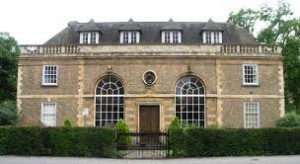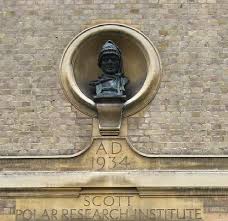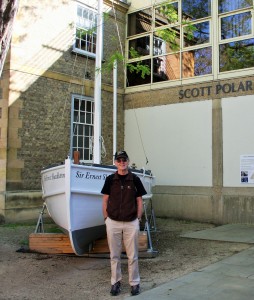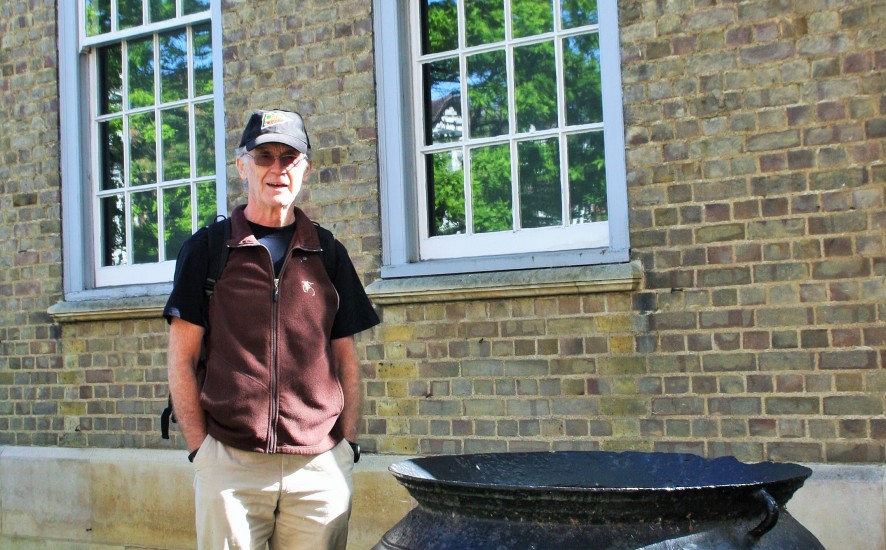As well as making contact with SANAP personnel down the years for their historical photographs and stories, ALSA puts time into visiting institutions – libraries, museums and the like – to obtain photocopies and scans of written materials they hold relevant to South Africa’s Antarctic legacy. These are then added to the ALSA archive.
This occasional series will highlight these institutions, within South Africa and abroad, that have yielded such material, starting with the UK’s Scott Polar Research Institute.
Scott Polar Research Institute
The University of Cambridge’s Scott Polar Research Institute, known to all who visit it as SPRI, is part of the Department of Geography. Based in Cambridge, United Kingdom, the institute was established in 1920 for the study of the Arctic and Antarctic.


“SPRI’s mission is to enhance the understanding of the polar regions through scholarly research and publication, educating new generations of polar researchers, caring for and making accessible its collections (including its library, archival, photographic and object collections), and projecting the history and environmental significance of the polar regions to the wider community for public benefit.”
Research visits by ALSA
ALSA and its predecessor legacy project have made two research visits to SPRI. In November 2009 John Cooper, ALSA Principal Investigator and then PhD history student Lize-Marié van der Watt spent a week working in the SPRI library and looking at items in the Thomas H. Manning Polar Archives. Then in May this year John made a return visit along with ALSA archivist Ria Olivier to follow up some new leads.
SPRI’s South African holdings

The Institute’s archives have a substantial holding donated by the late Allan Crawford, leader of Marion Island’s first meteorological team in 1948. This includes correspondence, newspaper clippings, typed reports, drawings and a hand-coloured copy of Marion’s first map based on his surveying efforts. All this material has been captured for ALSA’s archives.
In addition, SPRI’s extensive polar library has allowed detailed information to be gathered on visits by explorers to the Prince Edward Islands prior to their annexation in 1948. These include James Cook in 1776, James Clark Ross in 1840 and H.M.S. Challenger in 1873. This has been particularly valuable in tracing the origins of a number of names given to geographical features on the islands – such as Boot Rock, Ross Rocks and Capes Crozier, Davis and Hooker.
Acknowledgements
Grateful thanks are due to Naomi Boneham, SPRI Archivist for her help in 2009 and 2015 and Bob Headland, SPRI Senior Associate, for accommodation in 2015.
Feature photograph: ALSA’s John Cooper stands beside a trypot outside SPRI; by Ria Olivier
John Cooper, Principal Investigator, Antarctic Legacy of South Africa, Department of Botany and Zoology, Stellenbosch University, 11 December 2015


Very good blog! Do you have any tips for aspiring writers?
I’m planning to start my own blog soon but I’m a
little lost on everything. Would you propose starting with a free platform
like WordPress or go for a paid option? There are so many options out there
that I’m totally confused .. Any suggestions? Kudos!
Thanks, WordPress works well for us but I am no expert, just taught to use it – pretty easy. Best of luck.